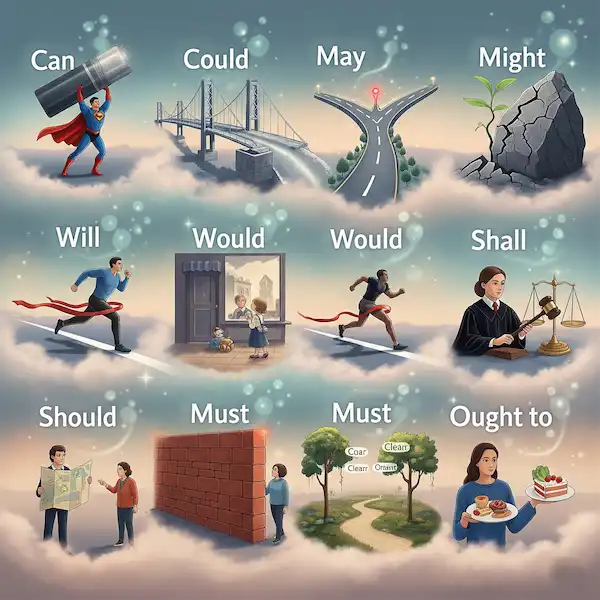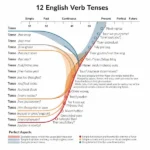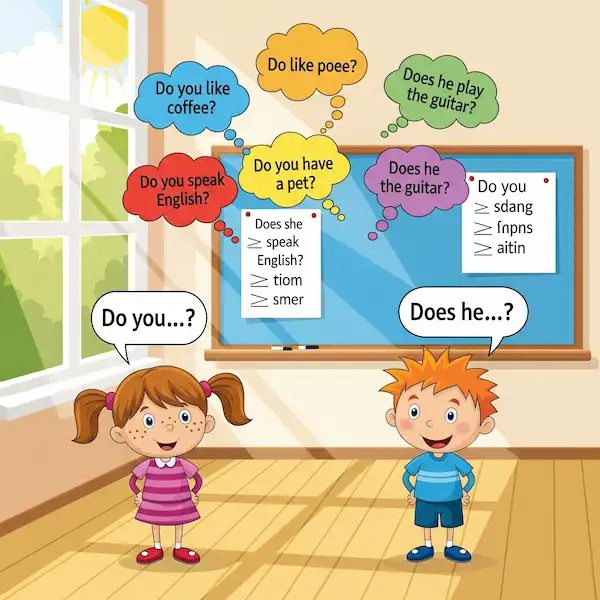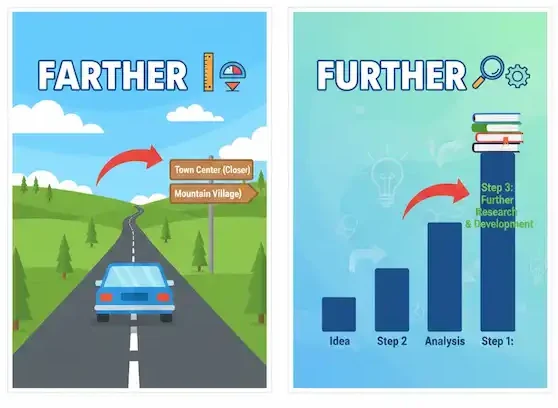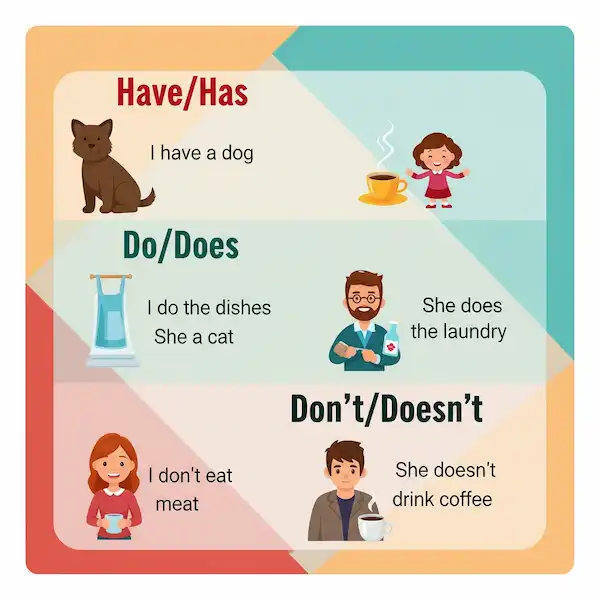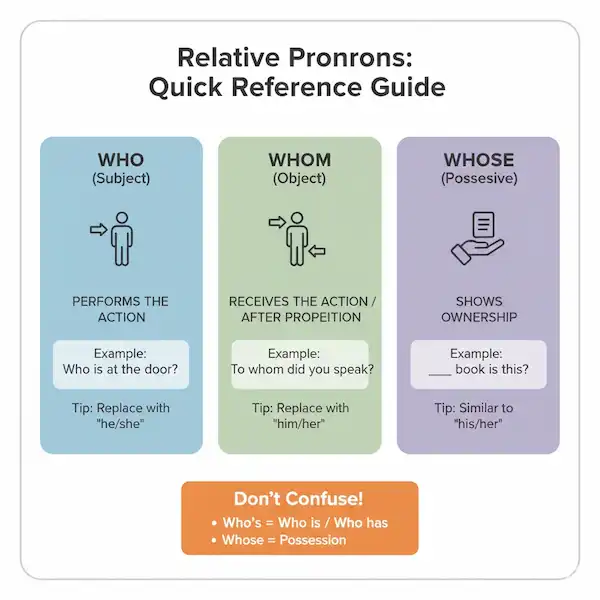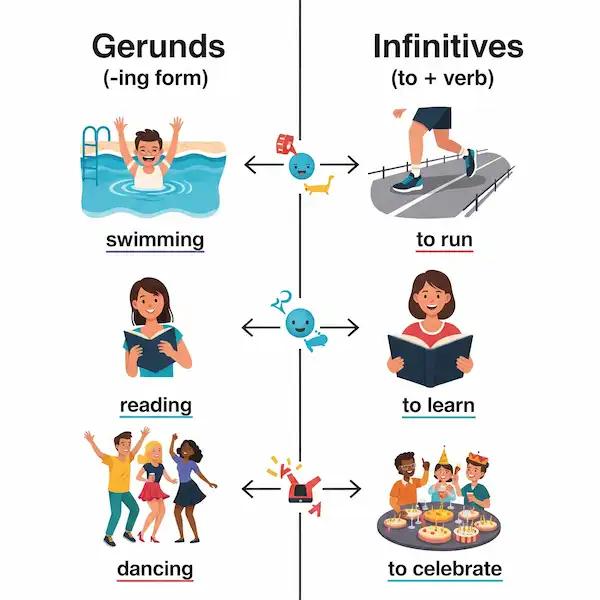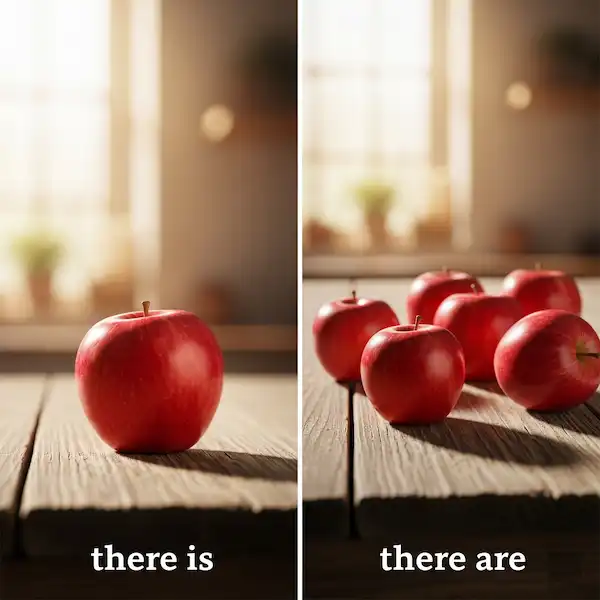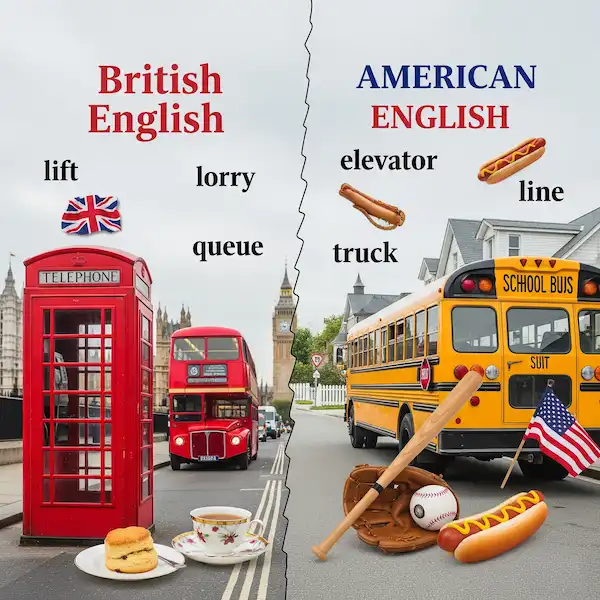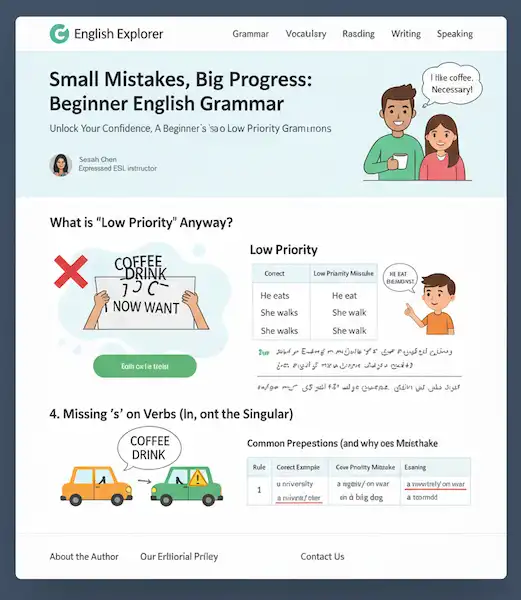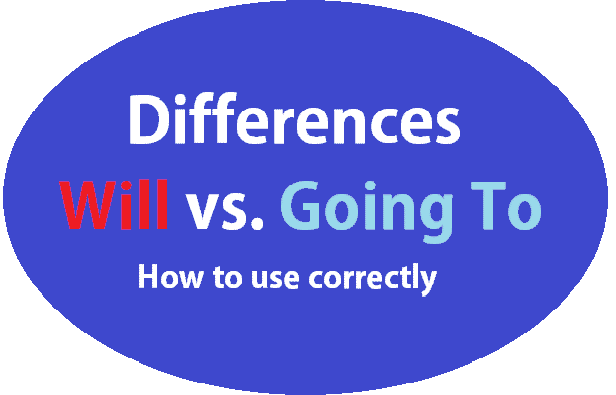Unlocking Possibility: A Guide to ‘May,’ ‘Might,’ and ‘Could’ – English Modal Verbs
Are you an intermediate English learner looking to add more nuance and sophistication to your conversations and writing? Then it’s time to master the modal verbs of possibility: may, might, and could. These little helping verbs pack a big punch, allowing you to express different degrees of certainty about events and situations. Learn more about English possibility with English modal verbs.
While they often seem interchangeable, understanding these helping verbs’ subtle differences will elevate your English from good to great. Let’s dive in!
What are Modal Verbs of Possibility?
Modal verbs are a special type of auxiliary (or “helping”) verb that add extra meaning to the main verb in a sentence. When we talk about possibility, we’re expressing how likely something is to happen or to be true. These helping verbs, ‘May,’ ‘might,’ and ‘could’ are our key players here.
They always come before the main verb, and the main verb is always in its base form (without ‘to’ and without -s, -ed, or -ing endings).
Structure: Subject + Modal Verb + Base Form of Main Verb
English Modal Verbs – ‘May’: A Good Chance of Something Happening
‘May’ suggests a moderate to strong possibility. It indicates that something is probable, but not 100% certain. Think of it as a solid 50/50 chance or even a bit higher.
When to use ‘may’:
- To express a general possibility:
- It may rain later, so don’t forget your umbrella. (There’s a good chance of rain.)
- She may be at the library; she usually studies there on Thursdays. (It’s a reasonable guess.)
- To grant or ask for permission (though ‘can’ is more common for asking permission in informal contexts):
- You may leave when you have finished your work. (Granting permission)
- May I come in? (Polite request for permission)
Examples in Context:
| Situation | Sentence with ‘May’ | Explanation |
| Your friend hasn’t arrived yet. | He may be stuck in traffic. | It’s a plausible reason for his lateness. |
| You’re planning a trip. | We may visit Angkor Wat next year. | It’s a strong possibility, but not a definite plan yet. |
| The doctor is discussing your symptoms. | This symptom may indicate a minor infection. | It’s a likely cause, but further tests are needed. |
English Modal Verbs – ‘Might’: A Smaller, More Remote Possibility
‘Might’ suggests a weaker or more remote possibility than ‘may’. It indicates that something is less probable, or that there’s more uncertainty involved. Think of it as a 30-40% chance.
When to use ‘might’:
- To express a more uncertain or remote possibility:
- I might go to the party, but I’m not feeling great. (Less certain than ‘I may go.’)
- It might snow tomorrow, but the forecast is unclear. (A small chance.)
- To make suggestions (often polite or hesitant):
- You might want to check your email for the update. (A gentle suggestion.)
Examples in Context:
| Situation | Sentence with ‘Might’ | Explanation |
| You’re looking for your lost keys. | They might be under the sofa. | You’re not very confident they are there, but it’s worth checking. |
| Your friend is considering a new job. | She might accept the offer, but it’s a big move. | There’s a chance, but significant obstacles or doubts exist. |
| The company is facing challenges. | The company might need to restructure. | It’s a possible solution, but not a definite or easy path. |
English Modal Verbs – ‘Could’: Ability and Possibility
‘Could’ is a versatile modal verb. While it’s commonly known for expressing past ability (e.g., I could swim when I was five), it also plays a crucial role in expressing present and future possibility.
When ‘could’ expresses possibility, it’s often similar to ‘might’ in indicating a general, often weaker, possibility. However, ‘could’ can also suggest an inherent possibility or a potential for something to happen.
When to use ‘could’:
- To express general possibility (often interchangeable with ‘might’):
- It could be true, but I doubt it. (Similar to ‘It might be true.’)
- The car could break down at any moment. (There’s a potential for it to happen.)
- To make suggestions or offer alternatives:
- We could go for a walk if you’re bored. (Offering a suggestion.)
- You could try calling him again. (Suggesting an action.)
- To express possibility in conditional sentences:
- If you studied harder, you could pass the exam. (Hypothetical possibility)
Examples in Context:
| Situation | Sentence with ‘Could’ | Explanation |
| You’re brainstorming ideas. | We could try a different approach. | Suggesting a potential new method. |
| Someone asks about a strange noise. | That could be the wind. | Offering a possible explanation. |
| You’re discussing a problem. | The system could be overloaded. | Identifying a potential cause for the problem. |
Comparing English Modal Verbs – ‘May,’ ‘Might,’ and ‘Could’: A Quick Guide
While often similar, especially ‘might’ and ‘could’, here’s a general hierarchy of certainty:
May (More Certain) > Might (Less Certain) approx Could (General Possibility/Potential)
| Feature | May | Might | Could |
| Degree of Possibility | Moderate to strong (50%+) | Weaker, more remote (30-40%) | General possibility, potential, often weaker (30-40%) |
| Usage | General possibility, polite permission | More uncertain possibility, hesitant suggestions | General possibility, suggestions, alternatives, potential |
| Interchangeability | Sometimes with ‘might’ for general possibility, but ‘may’ implies higher certainty | Often interchangeable with ‘could’ for general possibility | Often interchangeable with ‘might’ for general possibility |
Advanced Tips & Common Pitfalls
- Past Possibility: To talk about something that might have happened in the past, we use: modal verb + have + past participle.
- She may have forgotten her keys. (It’s possible she forgot them.)
- They might have arrived already. (It’s possible they arrived.)
- He could have been at the meeting, but I didn’t see him. (It was possible for him to be there.)
- Negative Forms:
- ‘May not’ and ‘might not’ (or ‘mightn’t’) are straightforward:
- She may not come to the party.
- He might not understand.
- ‘Could not’ (or ‘couldn’t’) means it’s impossible in the context of possibility, rather than a low possibility.
- That couldn’t be true! (It’s impossible for it to be true.)
- If you mean low possibility, use ‘may not’ or ‘might not’.
- ‘May not’ and ‘might not’ (or ‘mightn’t’) are straightforward:
- Formal vs. Informal: ‘May’ is generally more formal than ‘can’ for granting permission. For expressing possibility, all three are widely used in both formal and informal contexts.
- Nuance is Key: The choice between ‘may,’ ‘might,’ and ‘could’ often depends on the speaker’s personal assessment of the likelihood. Listen carefully to native speakers and try to discern the level of certainty they are conveying.
- Practice Makes Perfect: The best way to solidify your understanding is to use these verbs! Try to incorporate them into your daily conversations and writing.
Exercises for Practice:
Choose the most appropriate modal verb (‘may’, ‘might’, or ‘could’) for each sentence. Explain your choice.
- I haven’t seen John all day. He _______ be sick. (Moderate possibility)
- I’m not sure what I’ll do this weekend. I _______ go to the beach, or I _______ stay home and read. (Uncertain options)
- If you hurry, you _______ still catch the last bus. (Potential)
- Don’t leave your car unlocked; someone _______ steal it. (Remote but real possibility)
- The company _______ announce its new product next month, but it’s not confirmed yet. (Good chance)
Answers (and Explanations):
- I haven’t seen John all day. He may be sick. (‘May’ suggests a good, plausible reason.)
- I’m not sure what I’ll do this weekend. I might go to the beach, or I might stay home and read. (‘Might’ emphasizes the uncertainty and the equal possibility of either option.)
- If you hurry, you could still catch the last bus. (‘Could’ here suggests the potential to achieve something if certain conditions are met.)
- Don’t leave your car unlocked; someone could steal it. (‘Could’ highlights the inherent risk or potential for theft.)
- The company may announce its new product next month, but it’s not confirmed yet. (‘May’ suggests a strong possibility, given that it’s “not confirmed yet” rather than completely up in the air.)
Here is a PDF worksheet you can download with 25 practice sentences using modal verbs. Answers are on a separate sheet.
Additional Helpful Information
- Learn more about essential modal verbs – Essential Modal Verbs – Obligation, Advice, and Deduction
- Another intermediate English article – Have/Has, Do/Does, Don’t/Doesn’t – 3rd Person Singular
- Study about regular and irregular verbs – Regular vs Irregular Verbs: Rules & Lists
- More about English Conditionals – English Conditionals: Types 0, 1, 2, and 3 Explained
- Learn more about helping verbs could, would and should – Could Would Should Explained: A Simple Guide
External Links for Authoritative Sources:
For further learning and different perspectives, these reputable resources offer excellent explanations:
- British Council LearnEnglish: https://learnenglish.britishcouncil.org/ (Search for “modal verbs of possibility”) – A comprehensive resource for English learners, often with clear explanations and exercises.
- Cambridge Dictionary: https://dictionary.cambridge.org/ (Look up individual modal verbs and their usage notes) – Provides definitions, examples, and grammatical insights.
- Purdue OWL (Online Writing Lab): https://owl.purdue.edu/owl/general_writing/grammar/modals.html – A highly respected resource for English grammar and writing, great for more in-depth explanations.
By consistently practicing and paying attention to context, you’ll soon be using ‘may,’ ‘might,’ and ‘could’ with confidence and precision. Keep up the great work on your English journey!
